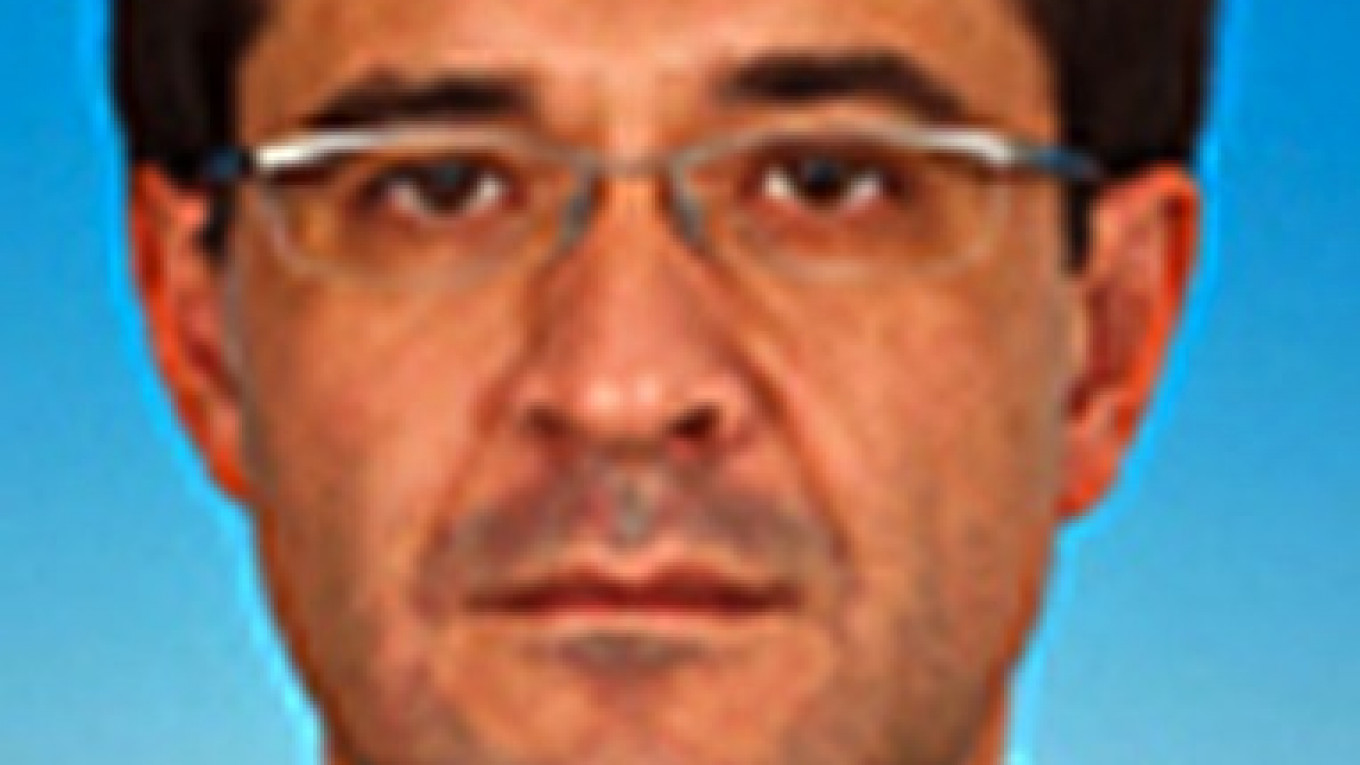Russia on Tuesday condemned what it called the "kidnapping" by U.S. secret services of a Russian federal lawmaker's son on suspicion of hacking, and said it considered the move "the latest unfriendly action by Washington," though analysts said the incident was the result of the countries' opposing interpretation of the law and not of their ongoing political standoff.
Roman Seleznev, who was arrested in the Maldives on Friday and taken to the U.S. territory of Guam to face justice, is "one of the world's most prolific traffickers of stolen financial information," according to the U.S. Secret Service.
The Russian Foreign Ministry said that Seleznev's arrest was "not the first time that the U.S. government, ignoring a bilateral agreement on mutual legal cooperation regarding criminal issues, had literally kidnapped a Russian citizen."
U.S. officials accuse Seleznev of participating in a crime ring that sold more than 100,000 credit card numbers obtained from American stores' computers, generating a copious profit for the group and causing more than $1 million in damages between October 2009 and February 2011.
The Foreign Ministry compared the latest arrest to the cases of two other Russians, arms dealer Viktor Bout and attempted drug smuggler Konstantin Yaroshenko, who they said had been "forcibly taken to the U.S. from third countries and convicted on dubious charges."
Bout was arrested in Thailand in 2008 after agreeing to sell arms to U.S. Drug Enforcement Administration informants who had been posing as members of the Revolutionary Armed Forces of Colombia, which the U.S. considers a terrorist organization. Bout was then extradited to the U.S. and is currently serving a 25-year jail sentence.
Yaroshenko, a pilot, was detained in Liberia in 2010 by U.S. law enforcement and subsequently sentenced to 20 years in jail for attempting to smuggle cocaine into the U.S.
State Duma deputy Valery Seleznev, the father of the latest Russian detained by U.S. authorities, told state news agency RIA Novosti on Tuesday that he was certain his son did not have a U.S. visa and that he had likely had been "kidnapped." Repeated phone calls to the lawmaker's cell phone went unanswered Tuesday.
Russia's claim that another of its citizens has been kidnapped abroad clashes with the U.S.'s vision of the law, said Alexander Domrin, a partner at Rumyantsev & Partners consulting agency and a visiting professor at University of Iowa's College of Law.
"From the point of view of international law, this was a kidnapping," Domrin told The Moscow Times on Tuesday. "But the U.S. does not see it this way because it views its constitutional law as superior to international law."
Domrin said that while Seleznev's arrest was untimely — occurring at the nadir of U.S.-Russian relations — the countries' disagreement over the case remained intrinsically tied to conflicting notions of the law, and not to current political circumstances.
Yury Rogulyov, director of the Franklin Roosevelt Foundation for U.S. Studies at Moscow State University, said that Seleznev's arrest was a "classic case of a Russian-U.S. legal dispute."
"I don't think this case is particularly political, although the U.S. tendency not to warn its partners in such situations raises questions about the nature of this phenomenon," Rogulyov said.
U.S.-Russian relations hit a low point in the aftermath of Russia's annexation of Ukraine's Crimean peninsula in March, which led to the imposition of U.S. sanctions on Putin's inner circle and companies close to the Kremlin.
At the height of tensions between the countries, the Russian Foreign Ministry issued a travel warning in April warning Russians about what it viewed as the dangers of U.S. extradition policy. The statement said that Russian citizens should refrain from traveling abroad and "particularly to countries that have extradition treaties with the U.S."


